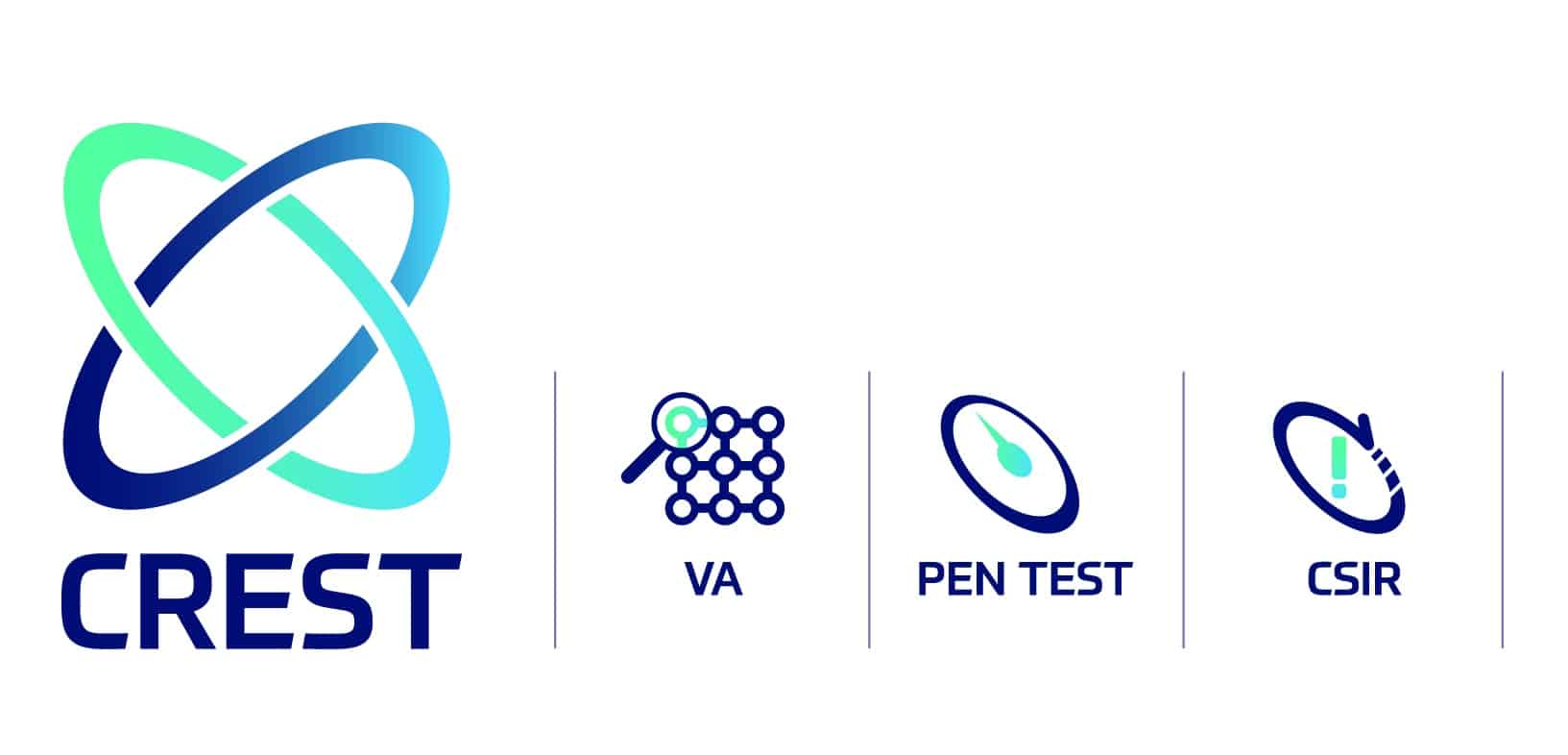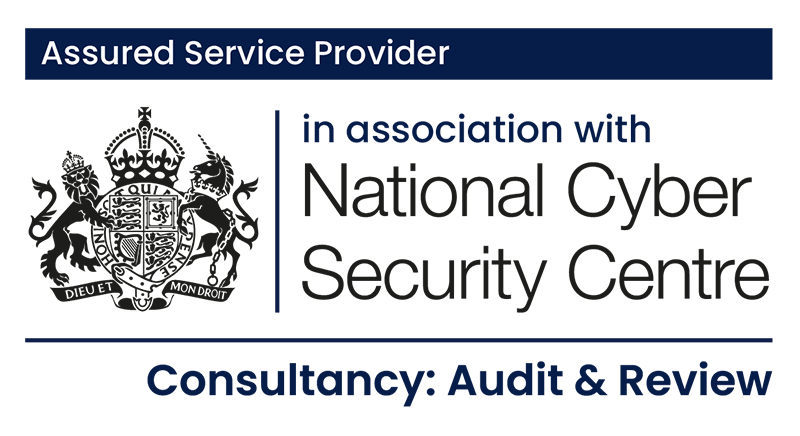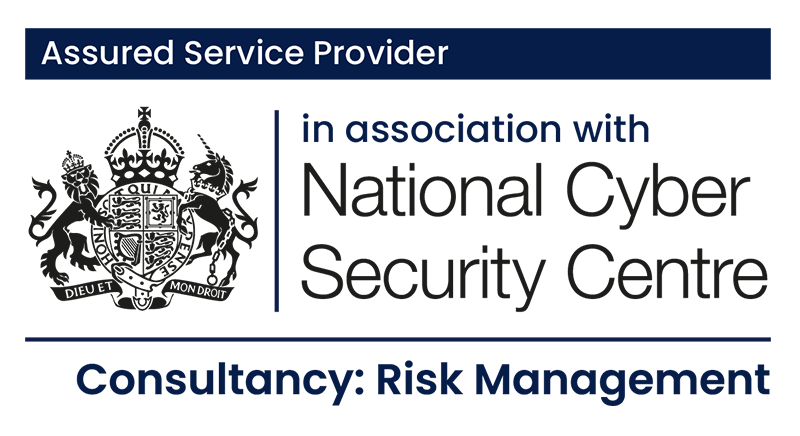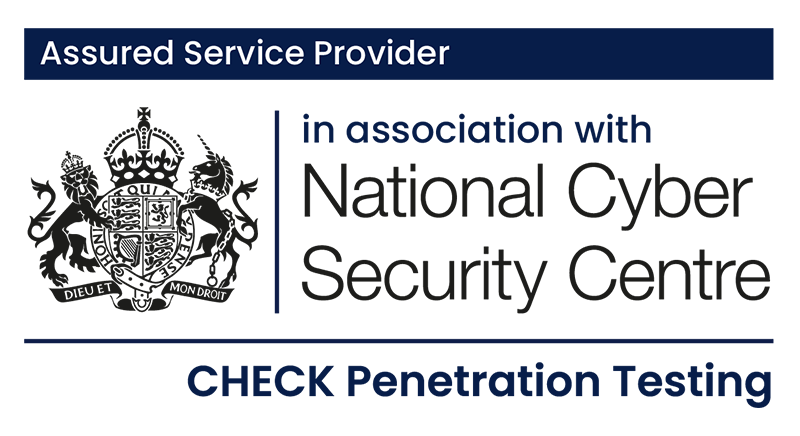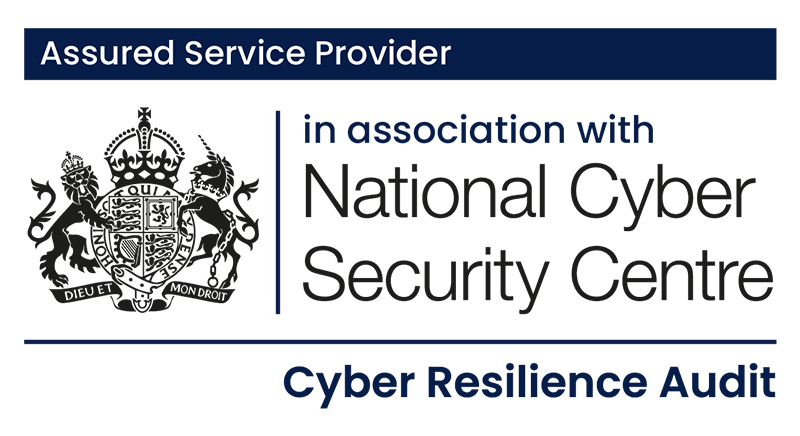Cyber Security Consultancy Services
Providing the skills and expertise to design, plan, and deliver cyber security services which keep organisations secure, resilient and compliant
Cyberfort NCSC assured consultancy services enable organisations to evaluate their existing cyber security strategies and programmes of work against business drivers, security operations and regulatory frameworks. The methods, tools and techniques we use help organisations to understand their current risk posture, how they are positioned to identify, protect, detect, respond and recover to and from cyber attacks; and, where they need to make the right cyber security investments for future detection, response and prevention against cyber threats.


Key Challenges
Cyber security threats are constantly evolving. All organisations need access to the latest cyber security advice, expertise and learned experience to design the right cyber security strategy and undertake programmes of work which keep their data, people, digital assets, applications, cloud environments and IT infrastructure secure against attack.


How Cyberfort can help
Cyberfort consultants can help your organisation to create, deliver and manage an effective cyber security strategy. From cyber resilience audits to implementing secure by design principles and making sure the right skills are available to prevent cyber-attacks, we enable your IT environment to be secure, resilient and compliant.
Why Cyberfort?
Cyber Security Resilience Audit and Reviews based on NCSC guidelines
By taking a Cyber Resilience Audit and Review based on NCSC guidelines, organisations can identify and benchmark themselves against a range of industry standard frameworks. Results from an independent Cyber Assessment Framework (CAF) audit and review can help to create cyber security improvement roadmaps and improve overall cyber resilience.
Secure by Design approach to reduce risks and simplify operations
We help organisations to take a proactive Secure by Design approach to building digital services. Our NCSC Assured cyber security professionals identify the foundations required for embedding cyber security practices in digital delivery and building resilient digital services. Supporting delivery teams in identifying and delivering the necessary activities throughout the delivery lifecycle.
Improved data protection and privacy
We provide expertise which enable organisations to understand the impact of data privacy regulations, assess where regulatory change may affect existing and future data management strategies, identify the scope and nature of data misuse and put in place effective data protection measures to keep an organisation secure and compliant.
Creation and management of improved security operational response models
We design, build and manage security operating models aligned to NCSC standards and provide clear roadmaps for improvement. This results in security operating models being developed which are ready to evolve as an organisations security requirements scale.
Our Services
-
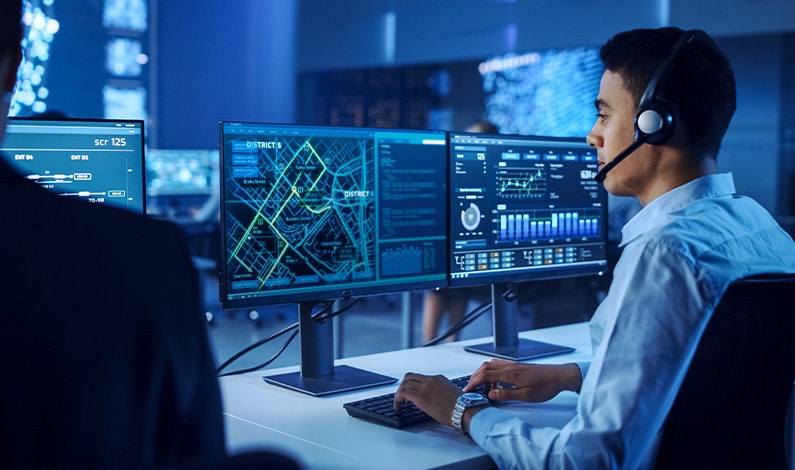
Cyber Resilience Audit & Review
Review existing cyber security models against NCSC guidelines and develop a future ready cyber security strategy
-

Secure by Design
Put in place the foundations required for embedding cyber security good practice in digital and information systems delivery, building resilient information systems and digital services
-

Virtual Cyber Consultancy
Expert security on-demand to secure your organisation, lead transformational change and innovate at speed
-

Cyber Risk Management
Understand security threats, evaluate cyber risk effectively and improve your organisations overall risk management posture by putting in place the right processes, mechanisms, frameworks and management controls


